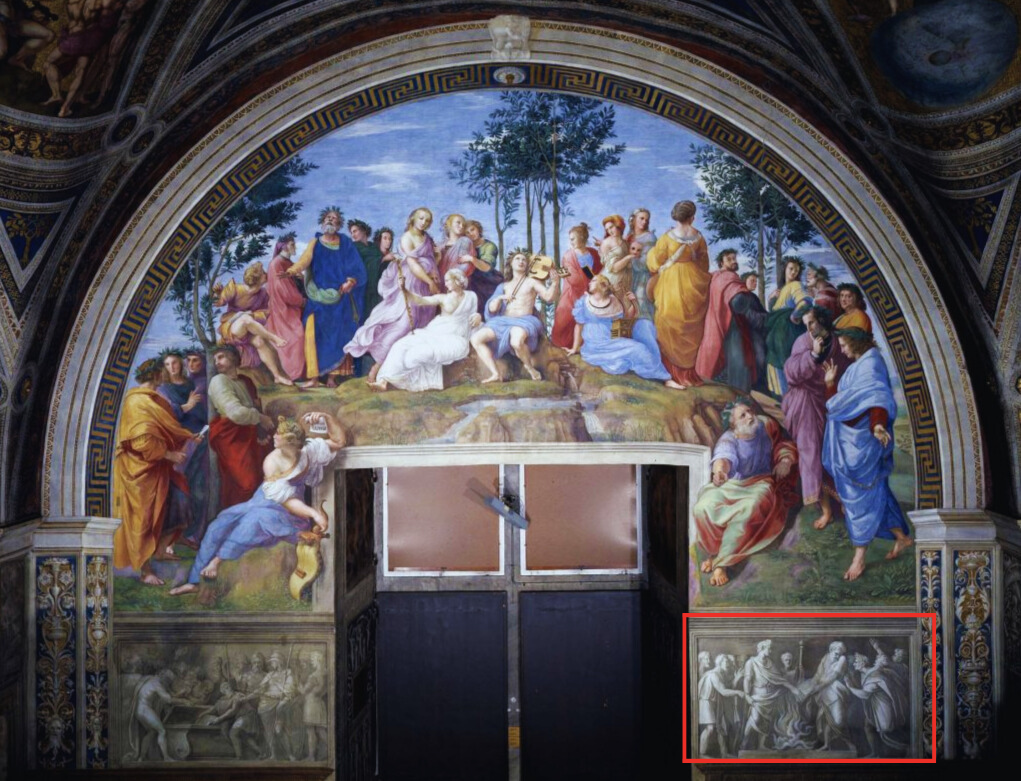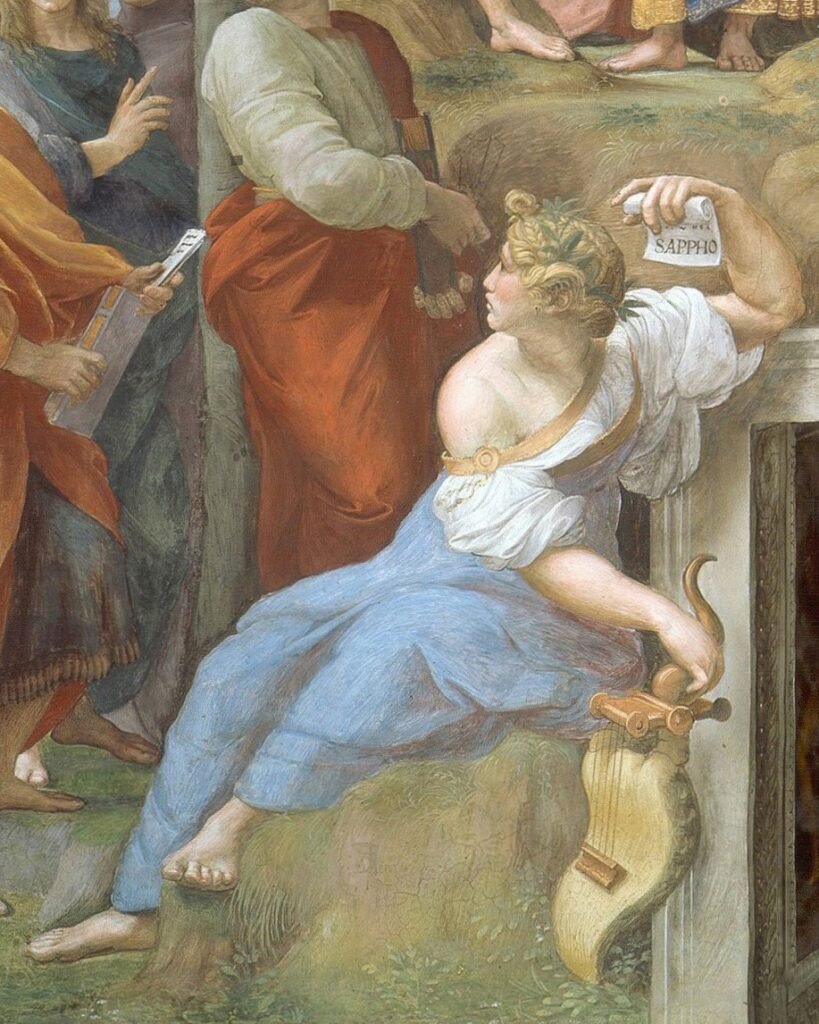Ósip Mandelshtam – Una inexpresable tristeza
Una inexpresable tristeza
Una inexpresable tristeza
Abrió dos enormes ojos, –
Se despertó un florero,
derramando su cristal.
Toda la habitación impregnada
De placentera languidez – ¡dulce medicina!
Un reino tan pequeño
Absorbió tanto sueño.
Un poco de vino tinto,
Un poco de mayo soleado –
Y, rompiendo un delicadito bizcocho,
Una blancura de los más delicados dedos.
Ósip Mandelshtam, 1909.
Невыразимая печаль
Невыразимая печаль
Открыла два огромных глаза,—
Цветочная проснулась ваза
И выплеснула свой хрусталь.
Вся комната напоена
Истомой — сладкое лекарство!
Такое маленькое царство
Так много поглотило сна.
Немного красного вина,
Немного солнечного мая —
И, тоненький бисквит ломая,
Тончайших пальцев белизна.
Осип Мандельштам, 1909.

Sánchez Sergueeva, M. (23 de junio de 2024). Ósip Mandelshtam – Una inexpresable tristeza. Epistemomanía. https://epistemomania.com/osip-mandelshtam-una-inexpresable-tristeza/




